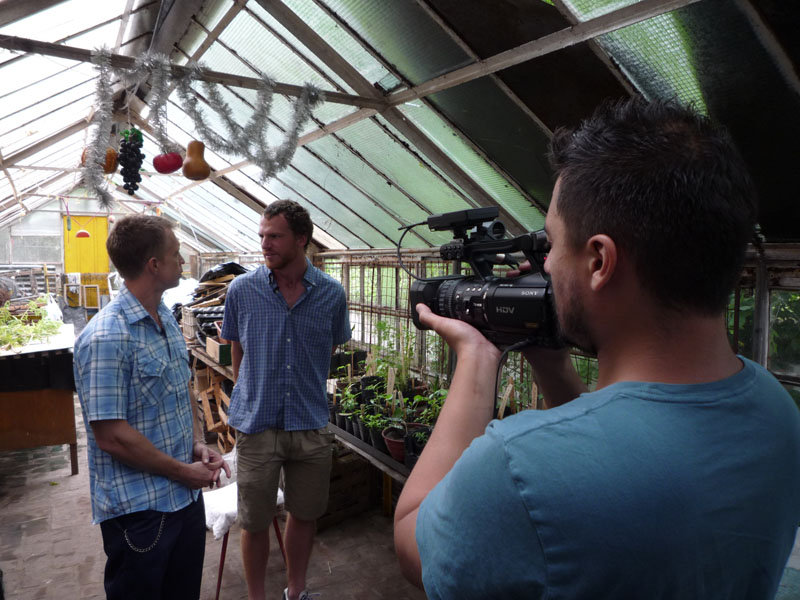Are you interested in film and video editing? This varied and exciting role can be quite difficult to get into. It’s a competitive field and few full time opportunities exist. Most film and video editors are hired on a freelance basis as and when they are needed. This is definitely something you need to consider before starting your career. Candidates need to be motivated and passionate about this line of work if they want to be successful. It will also help if you see each potential obstacle as a positive step towards reaching your goal. So what do you need to become a video or film editor?
Learning and experience
All film and video editing positions request a degree as the minimum entry requirement. The good news is, it can be a degree in any subject. However, to increase your chances, it would help if you had a degree in media, graphic design, visual arts or photography. There are a few positions that don’t require a degree, but they are pretty hard to find. In the case where one isn’t needed, you will need to have a passion and determination to make it through. If you want to improve your chances further, studying towards a Master’s Degree is highly recommended.
Another thing that’s extremely important is pre-entry experience. You will be required to have worked on a post-production or video/film production either outside of or within your degree. This isn’t a starting position. Those who go into film and video editing have typically worked within the industry beforehand. You could apply to be a runner in a broadcast video/film position. This is basically a general assistant position that allows you to get vital knowledge and experience within the production industry.

Other things you can do to gain experience in the industry include working for editing equipment hire firm, editing and creating films for a charitable organisation and editing community film productions. It really helps if you create a show reel DVD. This will show employers what you can do and what you have spent your time doing.
Experience using video editing software is also required. This could be Final Cut Pro or Avid for example. Courses in film and video software can be quite expensive. However, it isn’t something you can skip. No matter where you apply to, they will always require experience with editing software.
There are also a few personal qualities employers often look out for. These include creativity and patience. Sometimes these qualities are more important than formal education for some employers. So if you don’t have any actual education within the industry, it might not prevent you from getting a job.
Where can you do it?
The great thing about video and film editors is the fact you can do it practically anywhere in the world. From wealthy, well-developed countries such as Japan or China, to more underdeveloped countries such as Africa and the Middle East; wherever you want to travel, there’s bound to be a position to suit you.
At the moment, Argentina is one of the most popular countries offering film and video editing placements. Working within the NGO sector, you’ll be working on social initiatives in the Buenos Aires area.
When deciding where to work, you need to consider the lifestyle and culture, as well as the money you’re hoping to earn. More developed countries will offer a higher salary, while poorer countries provide a more cultural experience.

Getting to where you want to be
If you’ve decided film and video editing is definitely right for you, the following actionable steps will help you to get there. Each step will get you closer to where you want to be.
1. Complete a degree course, (ideally a media course).
2. Create a show reel
3. Apply to be a runner
4. Apply for a creative skillset trainee placement
5. Gain experience with video editing software
6. Consider a placement abroad
Creative Skillset trainee placements are particularly great to apply for. If successful, you will be put into a database where potential employers can find you and see if your skills match. You will need some experience within the industry before you apply for this type of placement.











